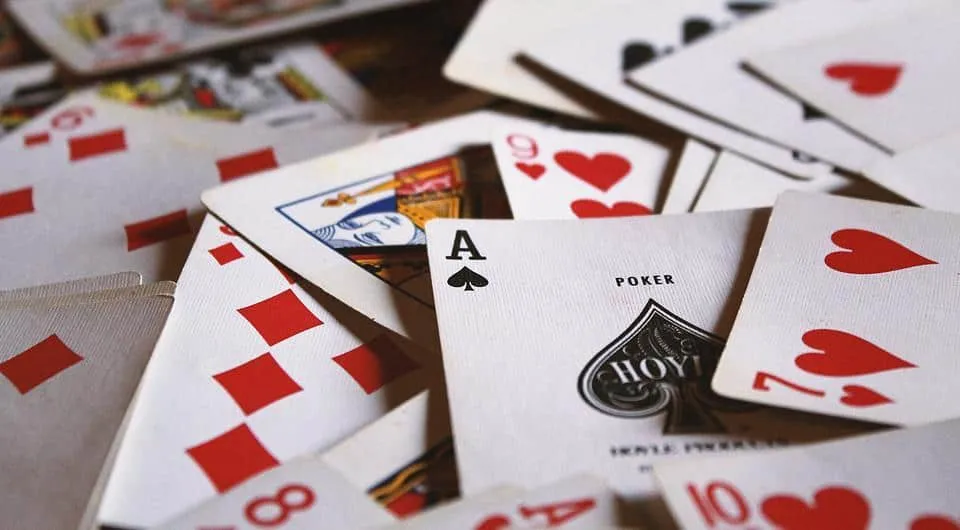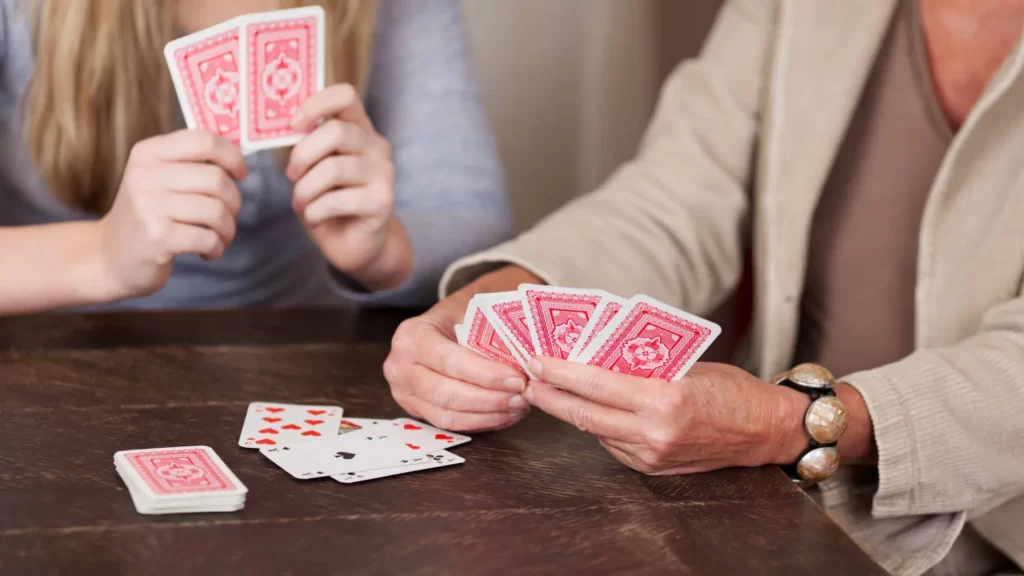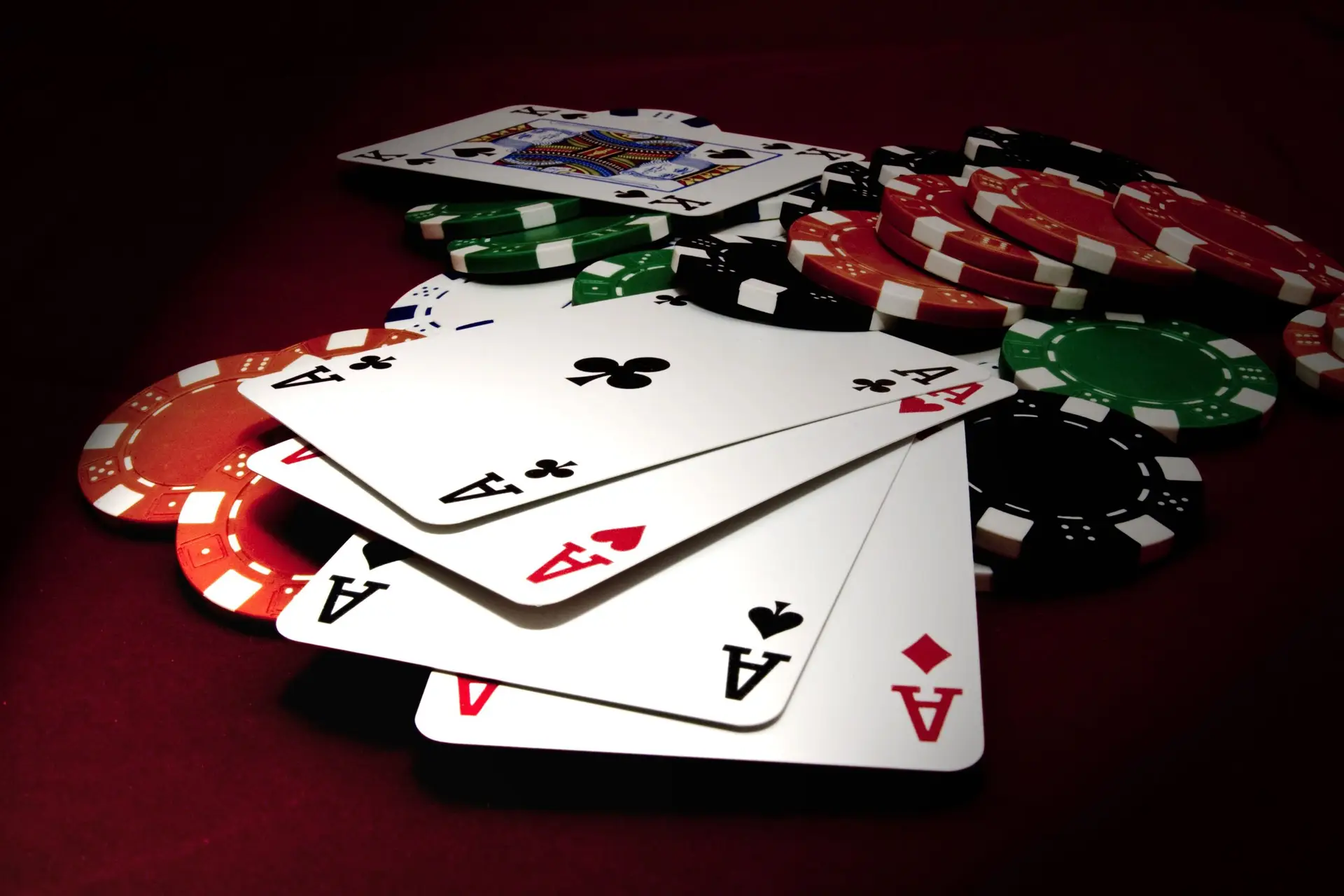Card battles are unprecedentedly popular. When emotion, calculation and psychology come together, a new competition category is created: sports card games, where every decision can lead to success or defeat.
Cards on the table: why card games are becoming a sport
Competitions at the professional level require in-depth knowledge, skill and psychological stability from the participants. Unlike most other forms of entertainment, sport is not based on luck, but on strategic thinking and the ability to anticipate the opponent’s actions. All the key elements of a sports competition are present: preparation, practice, tournament format and an emotional tension similar to that of world championship-level matches.

In international tournaments such as the World Series of Poker (WSOP) or the World Bridge Championship, the battle for victory requires not only knowledge of the rules but also a high degree of psychological preparation. It is a test of stamina, analytical skills and considered decision-making. Sporting card games are no less exciting than chess or tennis.
Poker: a game of nerves and skills
What makes poker a sports card game? Thanks to a combination of chance and skill, success depends not only on the cards in your hand, but also on your ability to read your opponents and manage your resources well. This is why it has been given the status of a sporting discipline.
The sporting elements of the card game lie in the need for stamina, the ability to bluff and make decisions in the face of uncertainty. All professionals train for years psychological stability and the ability to remain calm even in the most tense situations. To win here, it is not only necessary to know the theory of probability, but also to understand human emotions and reactions.
Poker tournaments: where the pros put their future on the line
The WSOP or the European Poker Tour (EPT) attract thousands of participants and spectators from all over the world. These events attract attention with huge prize pools and an atmosphere where excitement is literally in the air. Card game tournaments give professionals a chance to prove themselves, showcase their skills and achieve champion status.
The most successful players, such as Daniel Negreanu or Phil Ivey, have become legends not only because of their victories, but also because of their unique style, which combines knowledge, psychology and fearlessness. These kinds of games require serious preparation, constant training and analysis of previous games, making poker a real sport where every round is a challenge to yourself.
Characteristics of poker:
- Strategy and analysis: Winning requires constant analysis of your opponents’ actions and calculation of probabilities.
- Emotional control: Emotional control is the key to success in the game, especially when the stakes are high.
- Social: If you can read your opponents’ body language and behaviour, you can make the right decisions in the most difficult situations.
Rummy: Where strategy meets emotion.

Luck plays a role in rummy, but victory is achieved through strategic thinking and quick decisions. Card games require participants to be able to plan their actions like sports, anticipating their opponent’s moves and adapting to the changing situation at the table. In rummy, it is important to collect combinations in time and discard unnecessary cards, which makes the process dynamic and interesting.
There are elements of tactics, where it is important not only to make your own combinations, but also to observe your opponents’ actions to understand what cards they are collecting. This discipline develops the ability to observe and quickly analyse situations, which is an important part of any sport.
Popularity of rummy in tournaments and among professionals
Competitions are often organised both locally and internationally. In India, for instance, the game is extremely popular and professionals make a career out of it by earning money through participation in major tournaments and sponsorship deals. Championships are notable for the simplicity of the rules, but for the depth of strategy required to win. Athletes must be able to make quick decisions and analyse their opponents’ play.
Bridge: collective strategy and deep intelligence
Why is bridge a sport for intellectuals? Because it requires not only mathematical skill, but also teamwork. The most popular sports card games include it because of its deep strategic elements and the need to understand your partner’s actions. Bridge is an intellectual battle in which success depends on the coordination of actions and the ability to anticipate the moves of not only opponents, but also allies.
Each round is a new challenge that requires not only calculation but also intuition. One of the peculiarities is that players have to rely not only on their own cards but also on their partner’s signals, which makes the session unique among other card competitions.
Bridge in Russia: traditions and development
Sporting card games became widespread in Russia in the early 20th century, and bridge was no exception. In Soviet times, it was considered elitist and was popular among the intellectual elite. Today, Russia hosts numerous tournaments, such as the Russian Bridge Championship, in which the country’s strongest players participate. The discipline retains its popularity thanks to its unique combination of strategy and teamwork, which appeals to a wide range of participants, from beginners to professionals.
The card games that changed the sport: overview and inspiration for the game
 Each of the disciplines discussed – poker, rummy and bridge – has unique elements that make them sporting card games. They are more than games of chance: they are disciplines that require in-depth knowledge, strategic thinking and mental fortitude. They have become a real test for those willing to take risks and test their skills at the highest level.
Each of the disciplines discussed – poker, rummy and bridge – has unique elements that make them sporting card games. They are more than games of chance: they are disciplines that require in-depth knowledge, strategic thinking and mental fortitude. They have become a real test for those willing to take risks and test their skills at the highest level.

Card games continue to change the perception of sport and prove that winning is not only a matter of physical strength and stamina, but also of thinking, analysis and placing the right bet at the right time. Try your luck in one of the suggested variants and experience what it means to be a real sportsman, only instead of a ball – cards, and instead of a field – a table where destinies are decided and legends are born.
 en
en  ru
ru  de
de  ar
ar  es
es  nl
nl  hi
hi  fr
fr  it
it  pt
pt  el
el 









